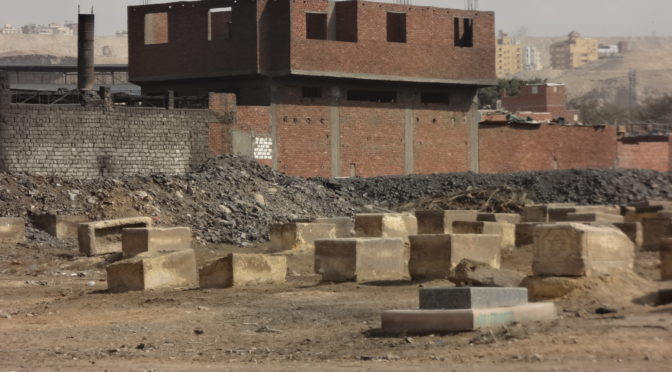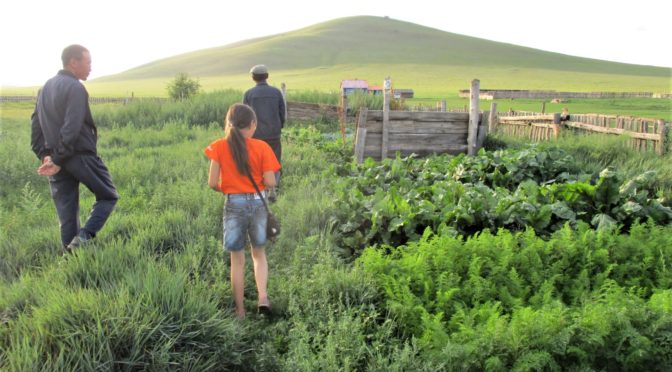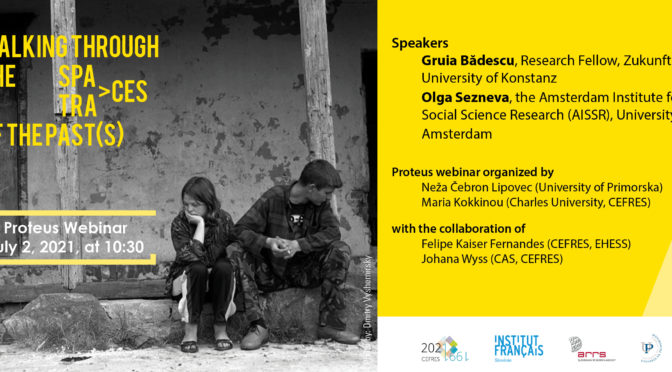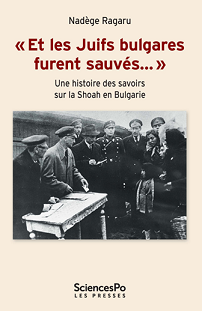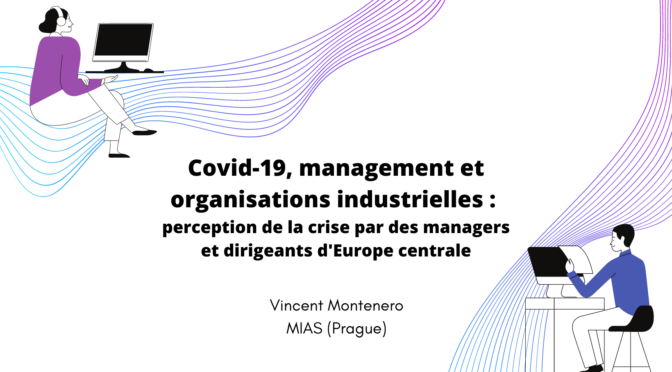International academic conference
Location: Faculty of Humanities University of Primorska, Koper/Capodistria
Date: Monday, October 11th 2021
Language: English
Organizers: Katja Hrobat Virloget, Aleksej Kalc, and Michèle Baussant
The conference is the result of two joint research projects, the Slovenian-French bilateral Proteus project entitled “Pasts without history and displaced histories of people without traces” (Baussant, Hrobat Virloget) and the Slovenian SRA project “Migrations and social changes in a comparative perspective: the case of Western Slovenia after WW II” (Kalc) from University of Primorska, Faculty of Humanities, Koper-Capodistria, ZRC SAZU, Slovenian Migration Institute, Ljubljana and CNRS, CEFRES, Prague
You can download the program and the abstracts of the conference here.
Program
09:00 ‒ 10:50
Opening and welcome addresses
MIRJAM MILHARČIČ HLADNIK (ZRC SAZU, Slovenian Migration Institute, Ljubljana): The new town Nova Gorica on the new border and the old routes of migration – Memories of defection and the imaginings of “new” life.
ALEKSEJ KALC (ZRC SAZU, Slovenian Migration Institute, Ljubljana, University of Primorska, Faculty of Humanities, Koper-Capodistria): Society and immigration in Slovenian coastal towns in the 1950s. Some reflections on research approaches.
KATJA HROBAT VIRLOGET (University of Primorska, Faculty of Humanities, Koper-Capodistria): The discourse of urban vs. rural, social relations and heritage in Istrian urban society before and after »exodus«.
Discussion
11:10 ‒ 12.50
MICHÈLE BAUSSANT (CNRS, CEFRES, Prague, ICM Fellow): A place that changes its place: Alexandria, between place and milieu of memory
ŠPELA LEDINEK LOZEJ (ZRC SAZU, Institute of Slovenian Ethnology, Nova Gorica): Under the Campanilles of Saint Marco vs. Town withou Bell Towers.
MARIA KOKKINOU (CEFRES, Charles University, Prague, postdoctoral fellow): Persistent memories of transformed spaces.
Discussion
14:30 ‒ 16:00
JANJA SEDLAČEK: The role of the Port of Koper in economic and social transformations of the city of Koper after the second world war.
NEŽA ČEBRON LIPOVEC (University of Primorska, Faculty of Humanities, Koper-Capodistria, postdoctoral fellow): The bathtub quest: The living standard and ideological discourses in the modernisation process of housing in post-war Koper/Capodistria
Discussion / Conclusions

